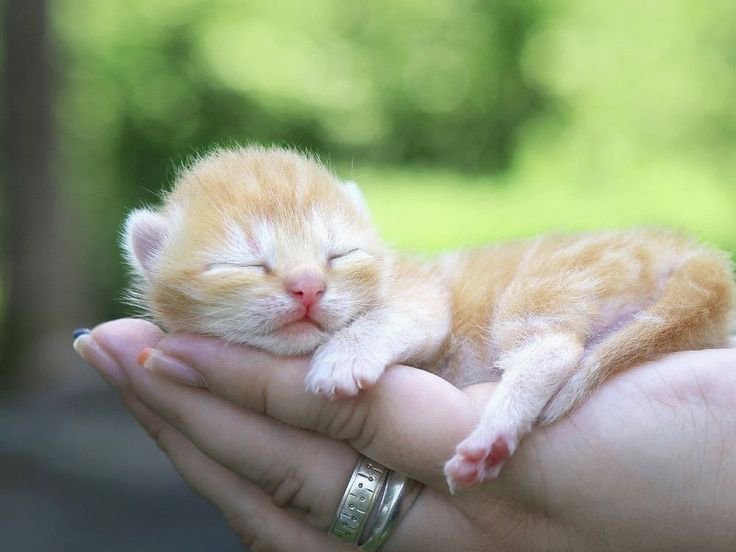Feeding a pregnant cat properly is one of the most important things you can do to support her health and the healthy development of her kittens. Pregnancy increases a cat’s nutritional needs significantly, and meeting those needs ensures she remains strong, active, and ready for delivery and nursing.
In this guide, we’ll cover exactly what to feed a pregnant cat, how much and how often to feed her, and tips to make sure she and her litter thrive.
Why Nutrition Is Crucial During Pregnancy
A cat’s pregnancy typically lasts around 63 to 65 days. During this time, her energy and nutrient requirements increase steadily, especially in the final weeks. Proper nutrition supports:
Healthy fetal development
Maternal immune function
Proper milk production post-birth
What to Feed a Pregnant Cat
1. Switch to Kitten Food
Veterinarians recommend transitioning a pregnant cat to high-quality kitten food, which contains higher levels of protein, fat, and essential nutrients. Look for labels that say “Complete and Balanced” and meet AAFCO standards for growth.
Choose wet, dry, or a combination — whichever your cat prefers — but focus on nutrient density.
2. Ensure High Protein and Fat Content
Cats are obligate carnivores, and protein becomes even more essential during pregnancy. Choose food with:
At least 30% protein (dry matter basis)
15–20% fat
Added DHA for kitten brain development
Foods to Avoid During Pregnancy
Avoid giving:
Raw meat or fish (risk of parasites or bacteria)
Dairy (many cats are lactose intolerant)
Excessive treats or human food
After the Kittens Are Born
Your cat will need to continue eating kitten food throughout the nursing period, which places even more strain on her body. Only return to adult maintenance food after weaning is complete (usually around 8 weeks).
Final Thoughts
Feeding a pregnant cat the right way is about more than just quantity — it’s about choosing nutrient-dense food, ensuring hydration, and avoiding harmful ingredients. With the right diet, your cat will be strong, comfortable, and prepared to bring healthy kittens into the world.
Learn More
Explore more cat care and nutrition advice at petniq.com
